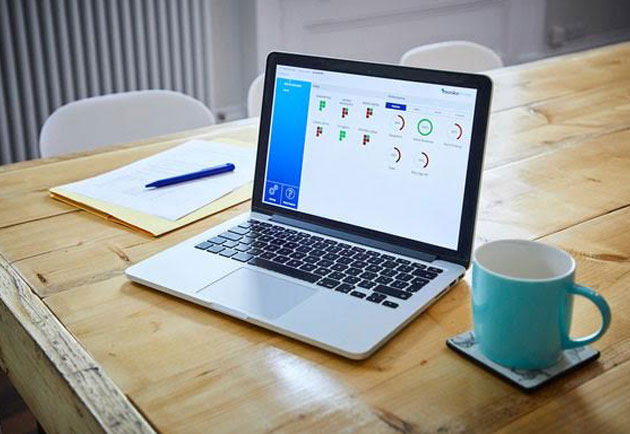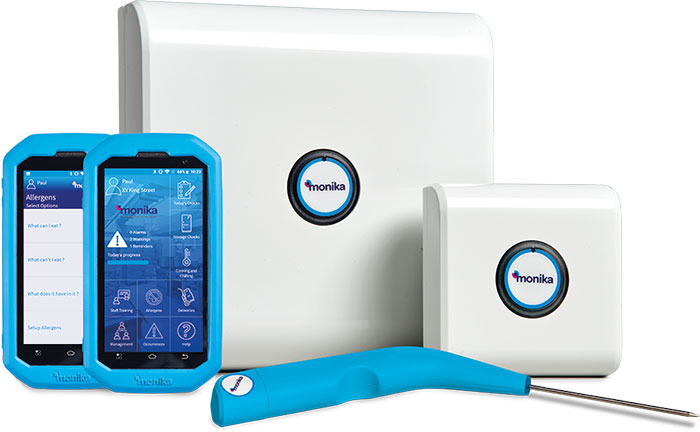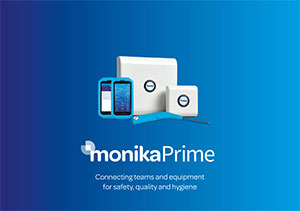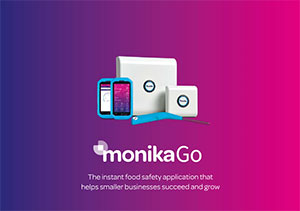How to embrace audit time and always be ‘audit ready’

If you’re like most people with responsibility for food safety and compliance, audit-time is probably not your favourite time of year.
Audits can create undue administrative stress, not to mention fear around the outcome. But audits don’t need to be something we approach with a sense of fear or dread. In fact, sometimes we get so caught up in not being ‘caught out’, that can forget why they occur: to help us do our jobs better.
So how can you make your audit process a little easier - and reduce some of the overwhelm that can come with an impending audit?
1. Have the right mindset
If you look at an audit as an unwelcome intrusion, rather than an opportunity to ‘do better’, then you may need to rethink the role that they play in your organisation.
Similarly, if audits engender fear in you or your staff, then try exploring and addressing where this fear is coming from - before the auditor comes knocking. A better way to look at audits is as a tool and a motivator to proactively drive improvement, not a test that must be passed.
2. Create shared ownership
Responsibility for audits should be a shared one. That means creating shared ownership and accountability for food safety across your organisation. If you feel that the burden of responsibility weighs too heavily on your shoulders, consider ways that this can be redistributed to key people or ‘champions’ across your organisation.
3. Delegate administrative tasks
Once you’ve built shared responsibility for food safety audits in your organisation, consider how you can relieve various teams and individuals of the administrative stress that audits can create.
One way to do this is to delegate tasks to administrative staff. Their job might be to gather records and collate reports, for example, for their area or site. This will be much quicker and easier if you use digital rather than paper-based record keeping systems, which brings us to our next tip.

4. Move away from paper-based systems
Antiquated data-gathering methods make the audit process much harder than it needs to be. Things become particularly cumbersome when you have paper records across multiple areas and sites - requiring you to travel to retrieve records, or staff to scan and email them to you.
Consider a digital food safety management system that will automatically record your food safety data to the cloud, so that it can be accessed from anywhere. You can then train administrative people at each site (as mentioned above) in how to use this tool to extract the reports your auditor needs.
Ideally, you’ll want a digital system with the smarts to automatically generate the reports for you - showing your auditor all the critical data like out of range temperatures and corrective actions taken, for each storage unit and date range. By giving your auditor this data ahead of time, they will be able to make better use of their time on site.
A digital food safety system can also provide valuable KPI reporting for keeping management proactive about food safety throughout the year - not just at audit time.
5. Consolidate compliance data in one place
Finally, if your digital food safety system is flexible enough, you can use it to manage compliance with more than just your HACCP food safety program - it can be broad enough to cover quality management plans and International Standards such as ISO/IEC 17025, 15189, 12830, 7218 and 22000. It can even be used for compliance with COVID-Safe plans - including checks to hand sanitiser stations, surface cleaning and sanitisation.
By recording and tracking all your compliance activities in one place, using one tool, you will drastically reduce the administrative burden in your organisation. You will also be able to report on these activities internally in a consolidated manner, giving senior management and staff a much broader picture of how well your organisation is managing risk and keeping people safe.
Monika is a food safety technology specialist that has provided digital food safety systems to foodservice and healthcare institutions worldwide since the early 1990s.
Find out more about MonikaPrime
16th February 2021


















